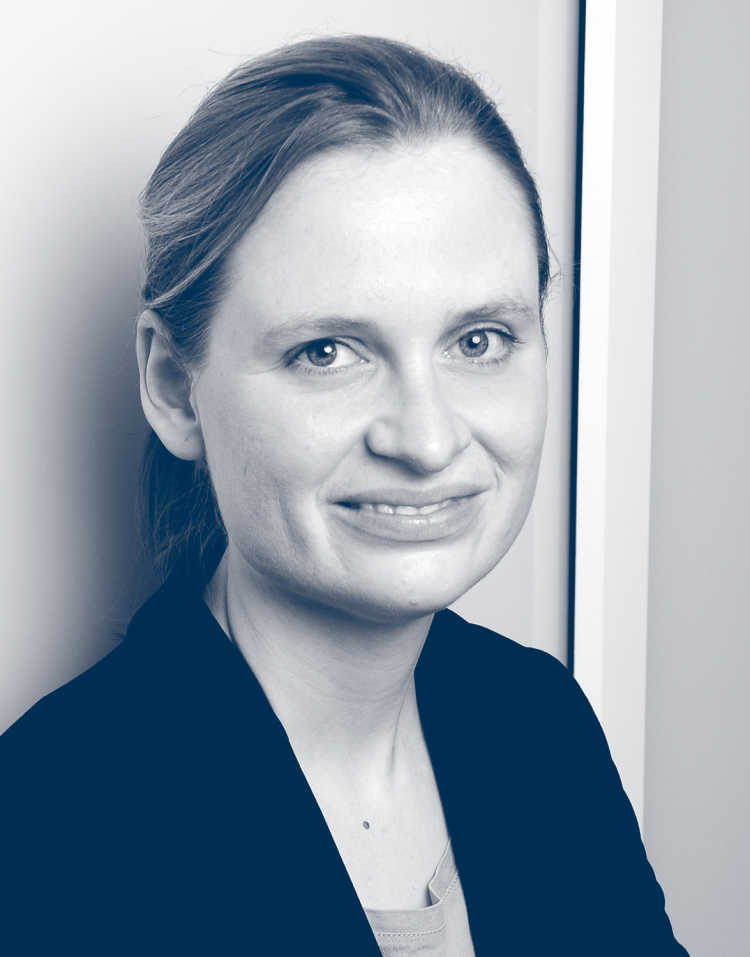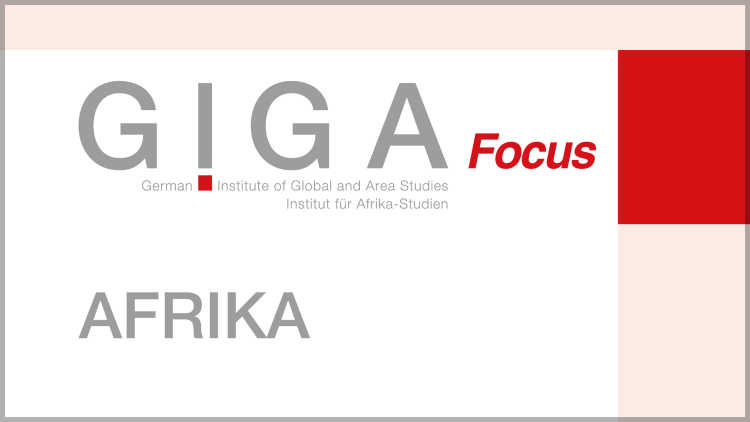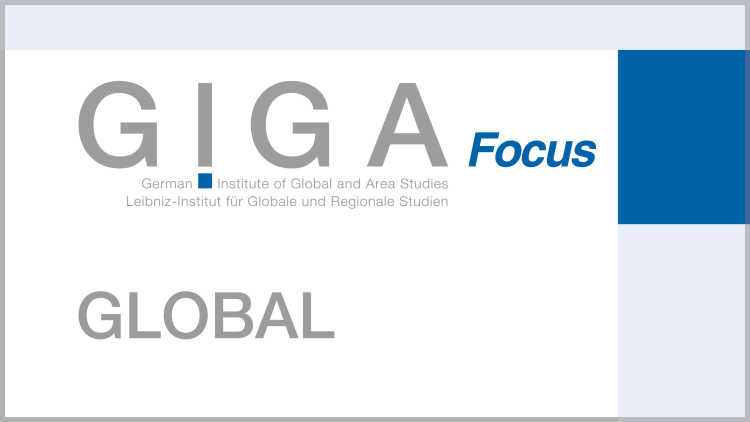- Home
- Publications
- GIGA Focus
- Neuer „Landraub“ in Afrika?
GIGA Focus Africa
Neuer „Landraub“ in Afrika?
Number 1 | 2011 | ISSN: 1862-3603
Landpachten indischer Investoren in Madagaskar wecken erneut Ängste der Bevölkerung, meldet die madagassische Online-Zeitung La Gazette. Bereits 2009 war ein ähnliches Geschäft geplatzt und hatte zum Sturz des Präsidenten geführt. Damals hatte das südkoreanische Unternehmen Daewoo versucht, 1,3 Millionen Hektar Land – das entspricht in etwa der Fläche von Thüringen – für 99 Jahre zu pachten.
Analyse Medien und Nichtregierungsorganisationen berichten vermehrt über sogenannte "Landnahmen" (land grabbing), den Ausverkauf afrikanischen Agrarlandes an ausländische Investoren. Auch die Weltbank und die Welternährungsorganisation (FAO) beschäftigen sich mit landwirtschaftlichen Großinvestitionen. Diese Debatte basiert bislang allerdings auf unzureichenden Informationen. Erste Forschungsergebnisse zeigen, dass das schlichte Bild des Landraubs für die Exportproduktion nicht zutrifft – die Realität ist viel komplexer.
Das Phänomen landwirtschaftlicher Großinvestitionen ist nicht neu. Aktuell wächst jedoch die Nachfrage nach der knappen Ressource Agrarland. Zudem treten neue und auch staatliche Investoren, etwa aus der Golfregion, auf.
Ein Problem ist bisher die Intransparenz der Vergabepraxis. Allerdings entsteht durch die Präsenz des Themas in der Öffentlichkeit erheblicher Druck auf Regierungen und Investoren, größere Transparenz herzustellen.
Die möglichen Auswirkungen von Agrarinvestitionen sind vielfältig. Zu klären sind jeweils Fragen der Landnutzung, der Zugriffsrechte auf Land und der Kompensationsregelungen, wenn Konflikte mit der lokalen Bevölkerung vermieden werden sollen. Doch können solche Investitionen auch zur dringend benötigten Steigerung der Produktivität der afrikanischen Landwirtschaft beitragen.
Erste Forschungsergebnisse legen nahe, dass weder das Bild des gierigen "Landräubers", der Land stiehlt und Produkte exportiert, noch das Bild des wohltätigen Investors, der sich vor allem um die Entwicklung der ländlichen Räume Afrikas sorgt, richtig ist. Daher ist weder eine ausschließlich positive Bewertung noch eine grundsätzliche Ablehnung ausländischer Agrarinvestitionen sinnvoll.
Footnotes
Regional Institutes
Research Programmes
How to cite this article
Lay, Jann, and Kerstin Nolte (2011), Neuer „Landraub“ in Afrika?, GIGA Focus Africa, 1, Hamburg: German Institute for Global and Area Studies (GIGA), http://nbn-resolving.de/urn:nbn:de:0168-ssoar-288871
Imprint
The GIGA Focus is an Open Access publication and can be read on the Internet and downloaded free of charge at www.giga-hamburg.de/en/publications/giga-focus. According to the conditions of the Creative-Commons license Attribution-No Derivative Works 3.0, this publication may be freely duplicated, circulated, and made accessible to the public. The particular conditions include the correct indication of the initial publication as GIGA Focus and no changes in or abbreviation of texts.
The German Institute for Global and Area Studies (GIGA) – Leibniz-Institut für Globale und Regionale Studien in Hamburg publishes the Focus series on Africa, Asia, Latin America, the Middle East and global issues. The GIGA Focus is edited and published by the GIGA. The views and opinions expressed are solely those of the authors and do not necessarily reflect those of the institute. Authors alone are responsible for the content of their articles. GIGA and the authors cannot be held liable for any errors and omissions, or for any consequences arising from the use of the information provided.








